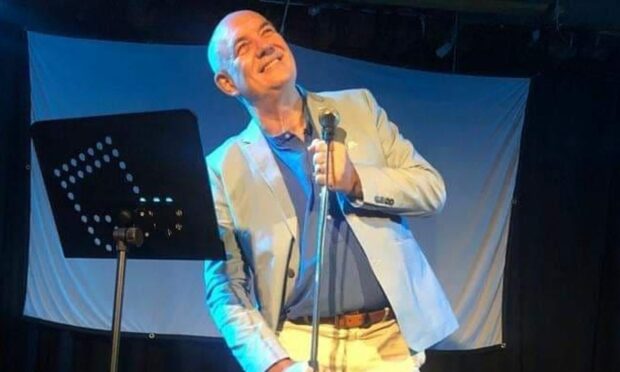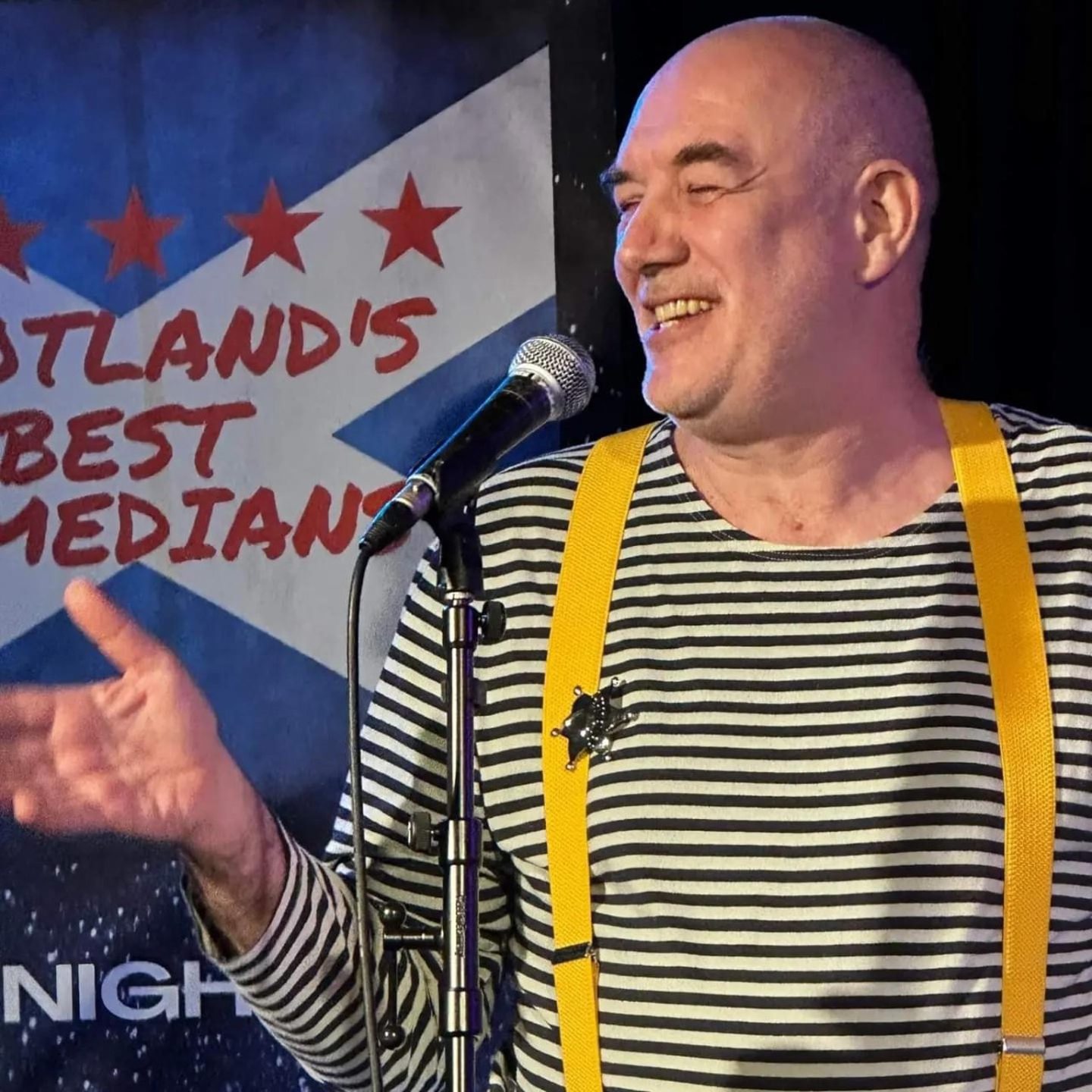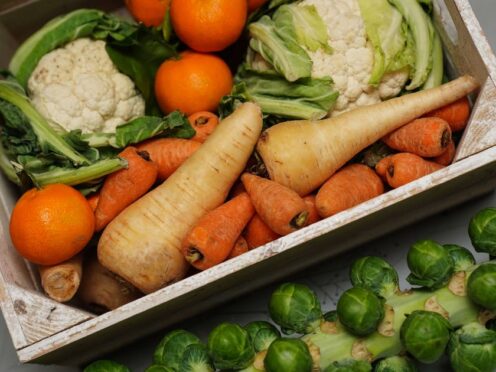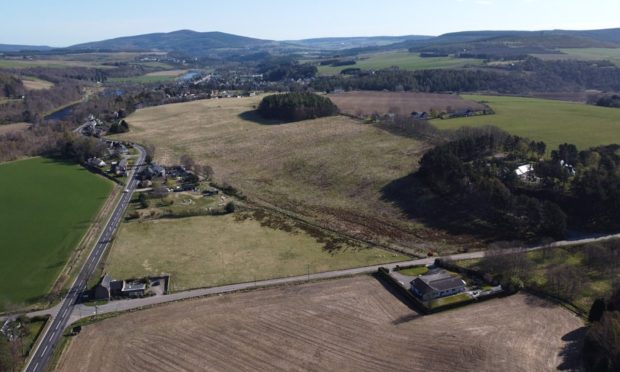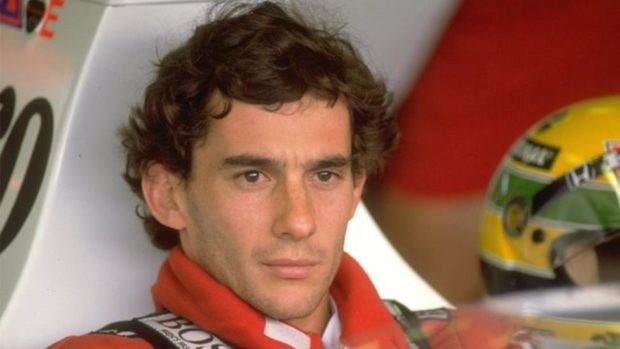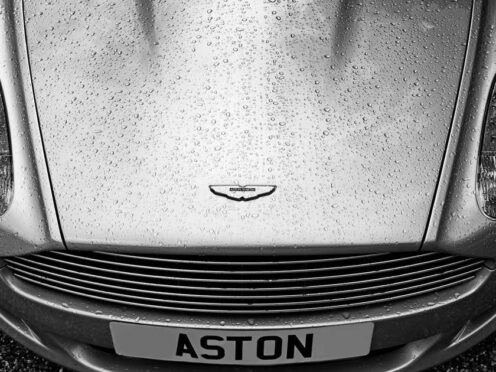He describes himself as Scotland’s top dyslexic poet; a man who once supported bands such as The Clash, The Specials and Simple Minds.
And, as a former regular at the Edinburgh Fringe, who has performed in such diverse locations as London, Paris, New York, Singapore, Melbourne and Rome, it’s fair to describe Aberdeen’s Sid Ozalid as a grand Scottish lad o’pairts, dabbling in comedy, poetry, songwriting and working with such individuals as Thee Absurdist Monk.
Back in 2014, he released a record called The Sheep are on Fire – which included a vocal segment from P&J football columnist Richard Gordon – as Aberdeen surged to Scottish League Cup glory and it was downloaded by thousands of Dons fans.
But now, after overcoming a serious brain injury, Sid has gone into fresh territory with an unofficial Scottish Eurovision song in advance of next week’s contest in Liverpool.
A career spanning decades
This is a man whose career stretches back 45 years and encompasses a packed cv which highlights how he has worn more hats than Audrey Hepburn.
At different times, he appeared in a Northsound programme called Invisible Radio, which featured a host of strange characters and attracted a cult following; and, when the Lemon Tree opened it doors, he and his co-presenters Dave McLeod and Alex Lovie, brought the show to life, akin to the anarchic madness of Vic Reeves and Bob Mortimer with a budget which only aspired to being shoestring, but was redeemed by the group’s flair and sense of fun.
Then, there was the hectic period when he was living in Amsterdam and flew over to London to promote a poetry book at gigs, while swinging past Aberdeen every Friday to be a regular guest on the Tom Morton show on BBC Scotland.
In some circles, Eurovision might be dismissed as being to pop music what Spinal Tap is to rock; a giant-sized chunk of the ripest cheese in the business. But these days, the annual event has more than a billion viewers across the globe and, whatever one thinks about the quality of the music, it will have millions of Britons hooked next Saturday.
Sid has been working in the last few weeks with an eclectic group to create his own effort. And, as you might expect, it defies convention from its first few bars, along with a video which has to be seen, if not necessarily to be believed.
Sid’s work is a real song cycle
He explained: “My new song is ‘The Big Love Na Na Song’ by Sid Ozalid and Friends and I co-wrote it with Thee Absurdist Monk.
“He has done the music and I have done the words. It’s about everyone in Scotland living together as one and involves a lobster riding a bike.”
The new ditty has contributions from all different kinds of musicians, including Warren McIntyre, the front man of the band Starry Skies, international jazz performer Freddie King, and members of the Mearns Singers and the Silver City Singers.
In short, there’s 100% commitment from Sid and that’s all the more impressive when you bear in mind that his illness had a significant impact on his health.
‘I couldn’t remember my own work’
He said: “I had to get proper medical care and rehab and part of this was to start performing my poetry again as a way of redeveloping pathways in my brain.
“To start with, I needed to read from my own book, because I could not remember any of my own work and my wife had to come along to every gig and look after me.”
There’s nothing vicious about this Sid, who now gives talks to schoolchildren in the north-east and relishes making them laugh. Ultimately, he’s aiming to put a smile on everybody’s faces. And laughter, as the maxim has it, is the best medicine.
